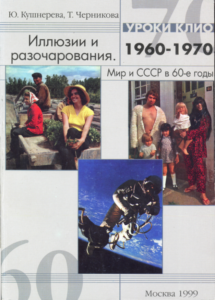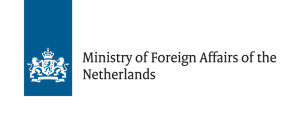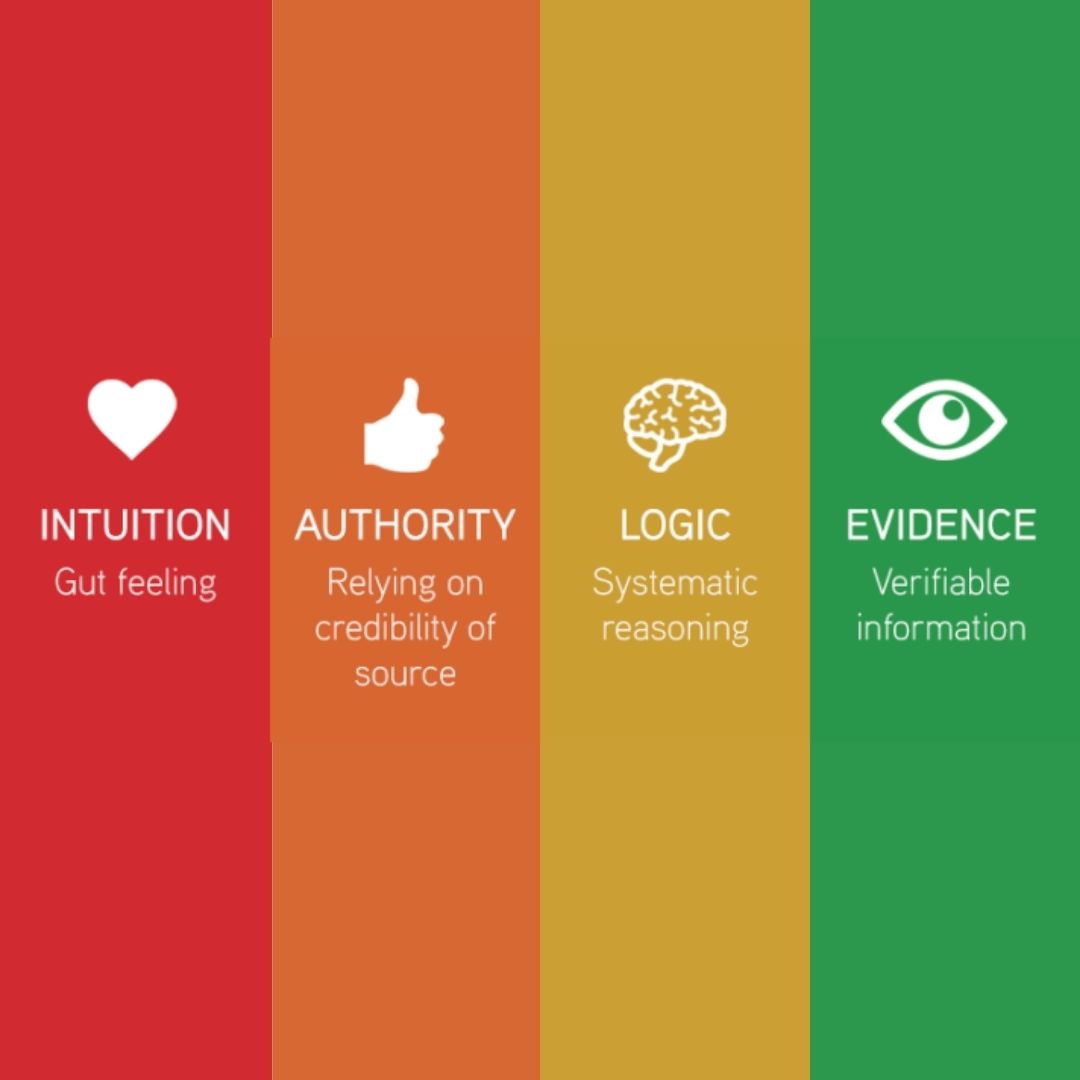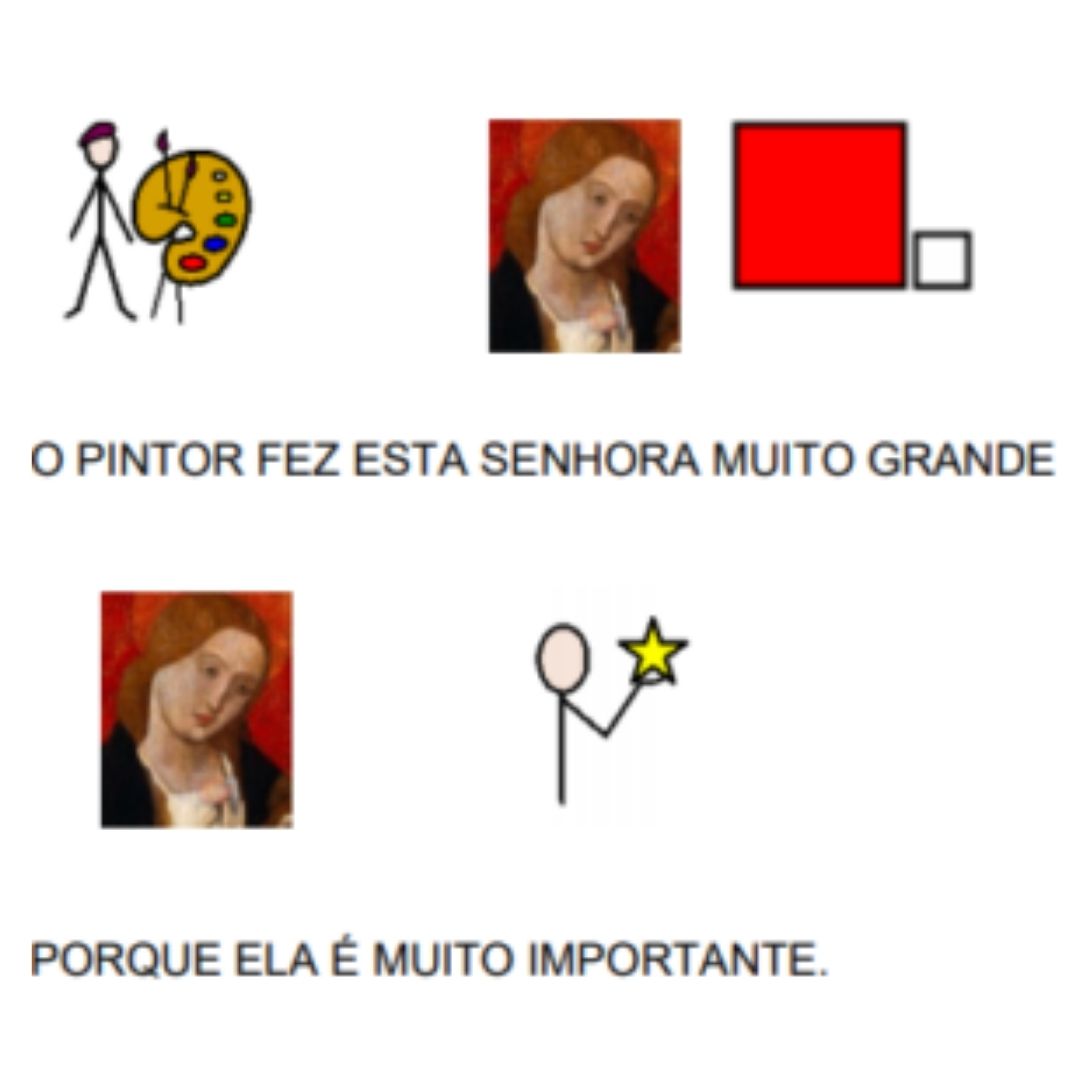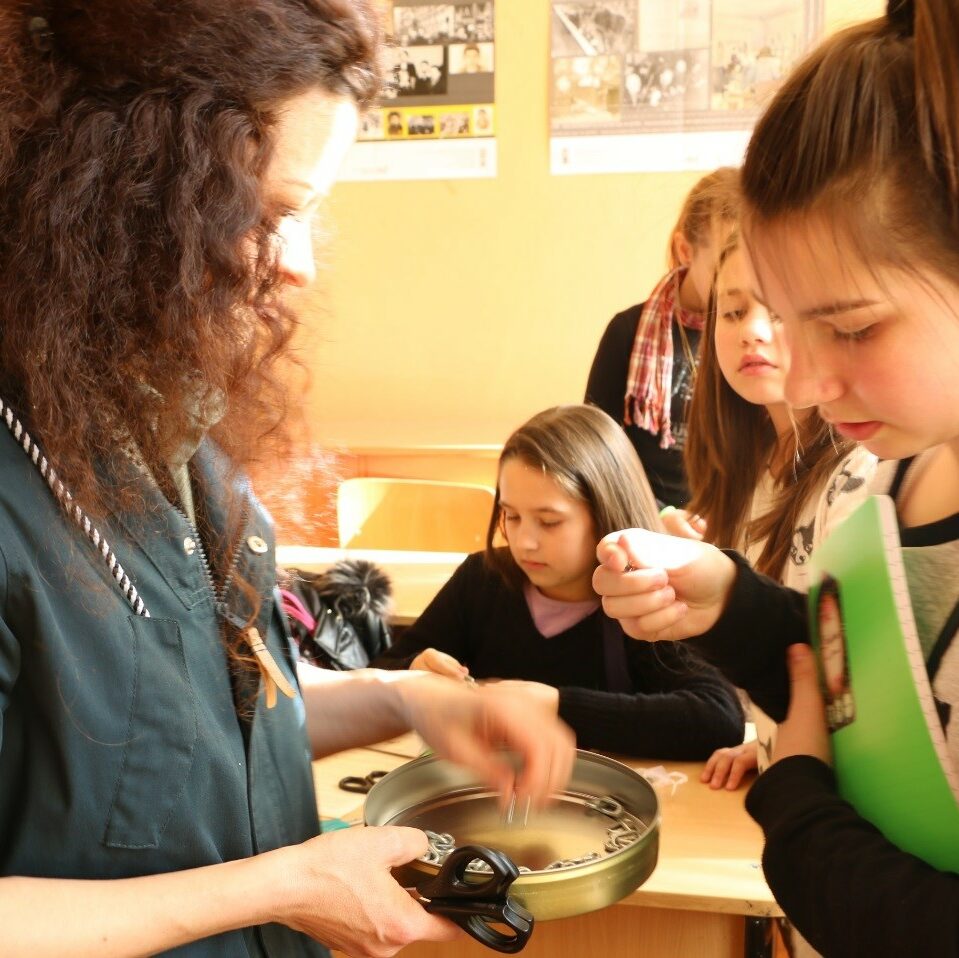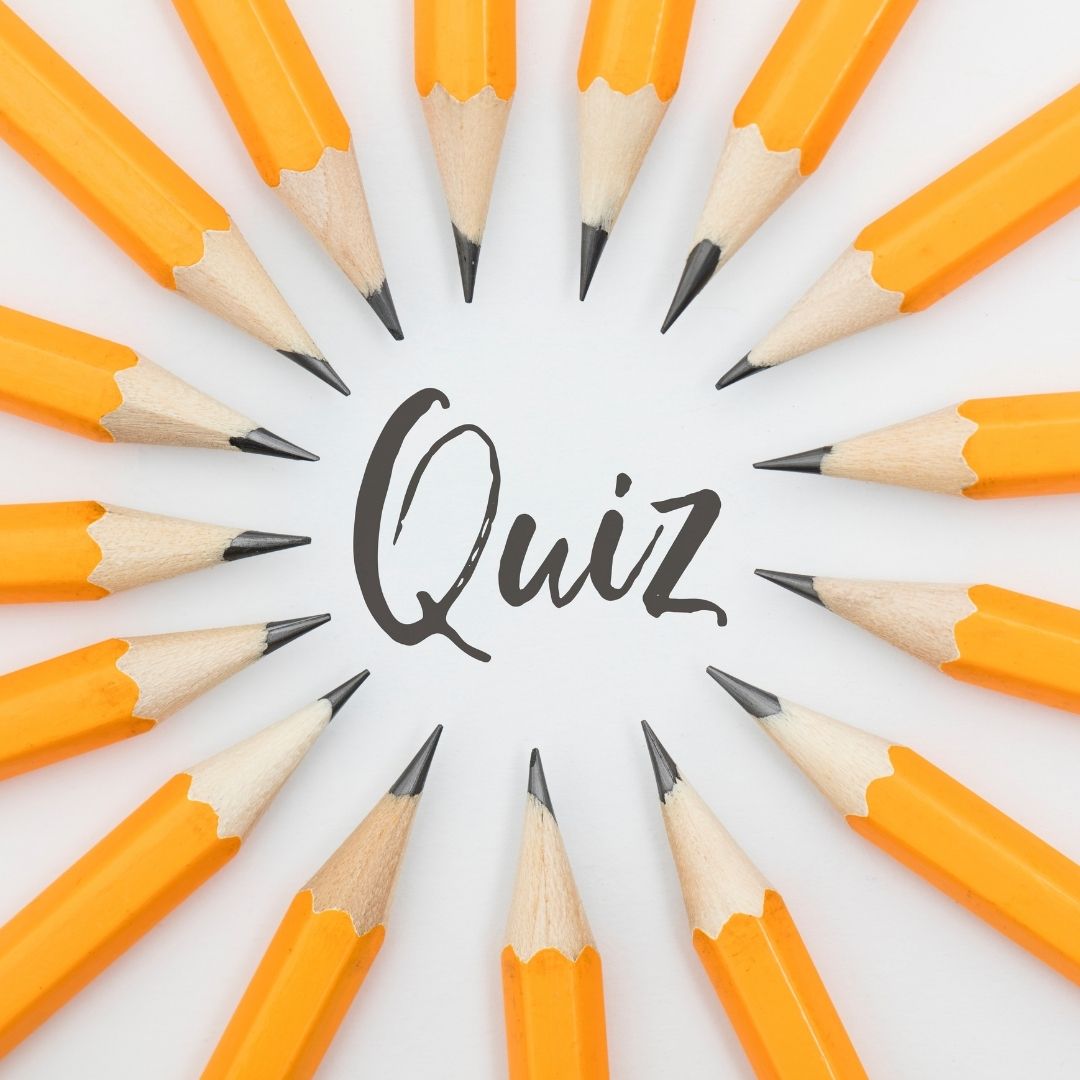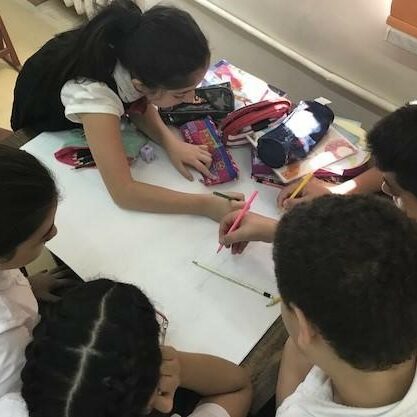In the context of the “Uroki Klio” project, three textbooks (The Last Decade, Illusions and Disappointments, Difficult Path to Democracy) and one teacher guide (Methodical Guide) were published. The produced textbooks would like to provoke the debate on history education and will assist history teachers in Russia to meet the new requirements. This textbook, entitled “Illusions and Disappointments,” will help educators to teach new content and offer new approaches for the learning and teaching of history. After the changes, Russia had to rediscover the past. Academic historians are reinterpreting the Russian history, but their interpretations are regularly changing due to their political point of view. It will take some time before the Russian historians will have the academic distance necessary for an objective as possible approach in their quest for the historical truth. To provoke a change in the system of history education is a long-term project, which demands for long-term approaches. And a change in ways of thinking makes changes like this. To guide this process of change, or at least a trajectory of it, this project was developed.
Download the full publication
Contributors
Authors:
Boytsov, Michail A., Katsva, Leonid A., Khromova Irina S., Korotkova, Marina V., Kushnereva, Yulia V., Saplina, Elena V., Sorokin, Vladislav S., Tchernikova, Tatiana V., Ukolova, Irina E.
Russian experts:
Antoshchenko, Alexander V., Bitiukov, Konstantin, Erokhina, Marina S., Goldenberg, Mikhail, Kushnir, Sergey A., Mitroshina, Galina L., Viazemsky, Eugeniy E.
International experts:
Bluhme Larsen, Lars
Donnermair, Christa
Donk, Ronald Roy
Mckellar, Ian Blair
Russian Coordinators:
Eidelman, Tamara N., Shevyrev, Alexander P.
Language Course and Translation:
Sventsitskaya, Olga M., Sventsitsky, Dmitry V., Sventsitsky, Ivan
Secretarial Staff:
Shapiro, Anna
Shevyreva, Julia

How do we decide what we believe? – Helping students learn how to question beliefs and test claims to become more (self) critical and evidence based in their thinking

Augmentative Communication: the creation of visual vocabularies as a support in the study of works of art

The Other, The Different, The Identical

Silent Learning: the use of Quizzes to motivate and assess participation and learning in the classroom

Silent Learning: the use of small-group learning and sharing to ensure full participation in the classroom

